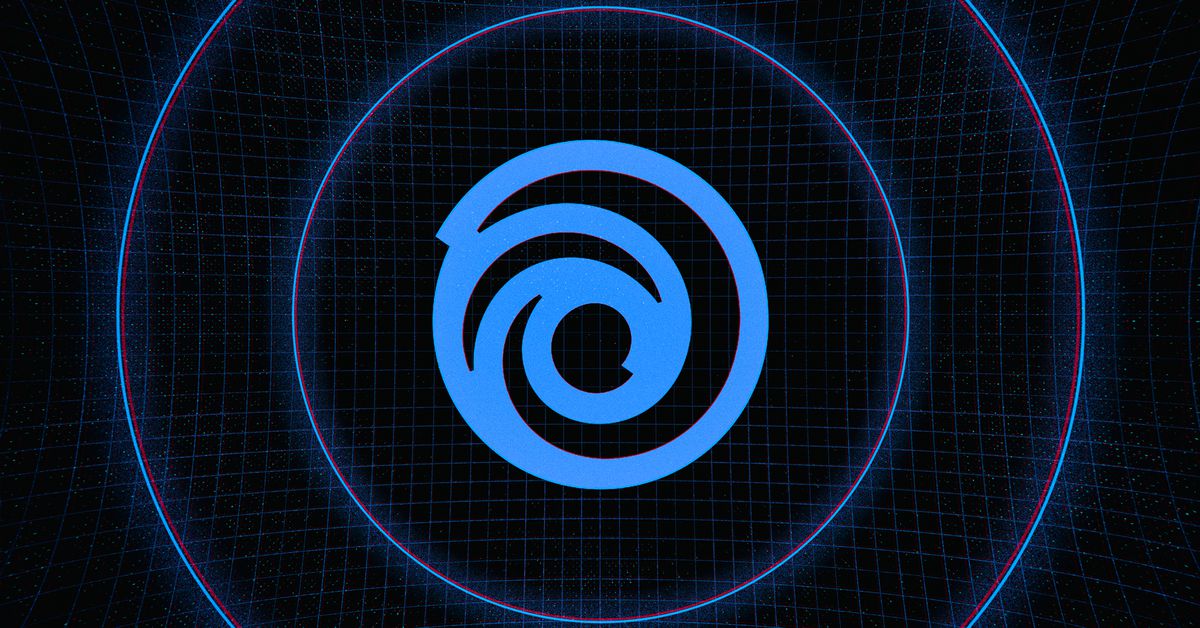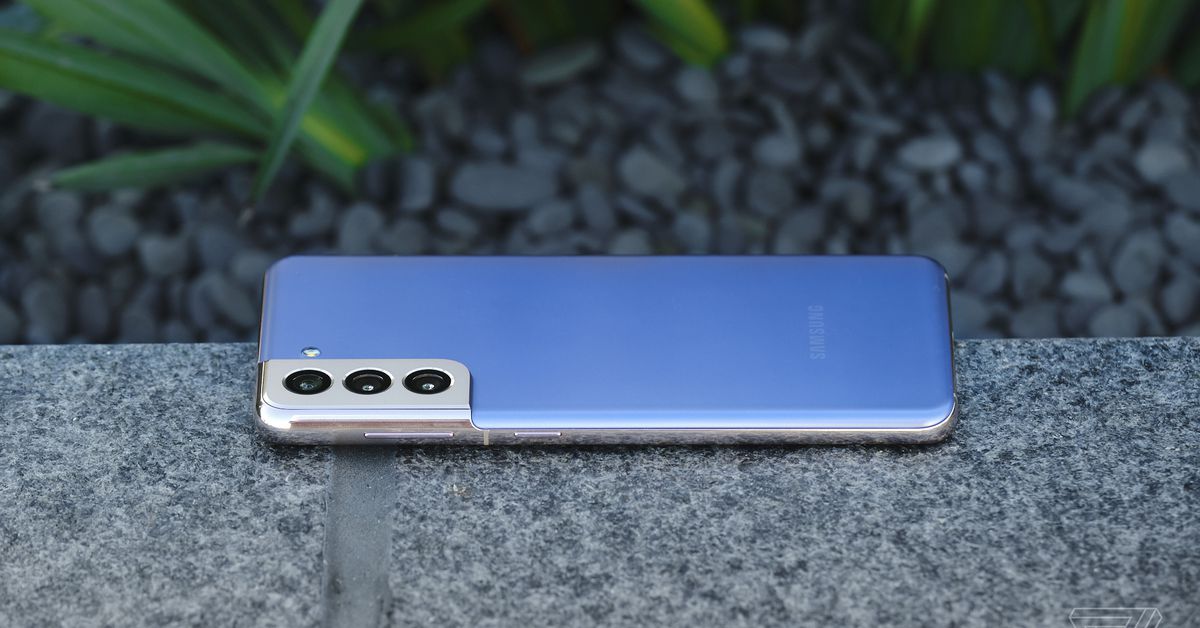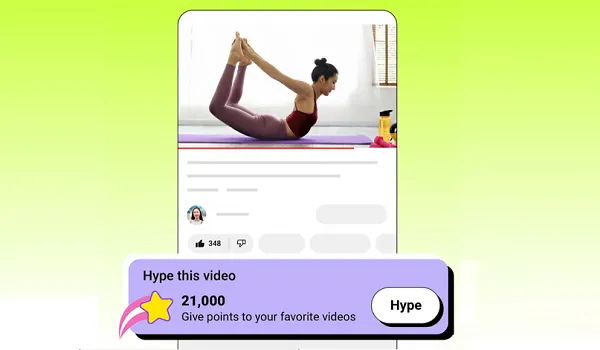Beats Pill review: much easier to swallow this time
More than just a lazy remaster, the new Pill includes unexpected features like lossless audio over USB-C. And like recent Beats products, it equally appeals to the iOS and Android crowds. Continue reading…
/cdn.vox-cdn.com/uploads/chorus_asset/file/25504388/DSCF7829.jpg)
Beats has been out of the speaker game for a long time. Its last speaker, the Pill Plus, was discontinued in 2022 after being introduced years earlier. Since then, Beats’ parent company, Apple, has focused on home speakers like the HomePod and HomePod Mini, ceding the portable market to brands like Bose, Sony, JBL, Anker, and countless others. But now, after a not-at-all-subtle celebrity teaser campaign, the Beats Pill is making a comeback.
The 2024 revamp, on sale today for $149.99, has a familiar design. But on the inside, everything has changed, and I’ve been pleasantly surprised by just how much the new Pill is capable of. At its core, you’re getting a mono Bluetooth speaker. And while there are always sound quality tradeoffs at this compact size — that’s just physics — it’s the extras and bonus features that really help the refreshed Beats Pill stand out from previous models.
This time around, the Pill supports lossless audio playback over USB-C. You can use that same USB-C port to charge external devices, a convenience also offered by many competitors. There’s a detachable lanyard that makes the Pill easy to carry around, and the device is rated IP67 for dust and water resistance. Battery life has doubled to a maximum of 24 hours, and Beats still includes speakerphone functionality.
Like all of the brand’s recent headphones and earbuds, the Pill is designed to natively support both Android and iOS: on both platforms, you can take advantage of one-tap setup and Find My / Find My Device. There are no hands-free “Hey Siri” voice commands, and don’t expect AirPlay integration, but Beats has checked off practically every other feature that I could ask for. As a result, the Pill feels like its most focused product in a long time.
The Pill comes in three colors — red, black, or gold — with a metal grille and silicone wrapped around the rest of the speaker for added durability. The top controls are nicely laid out, with a power button on the left side, a center button for track controls, and volume to the right. All of the buttons are easy to feel for even when you’re not looking at the Pill, and they have a very satisfying click. Inside the enclosure are a redesigned woofer and tweeter.
The physical controls are simple and easy to memorize.
Beats’ marketing materials claim the racetrack-style woofer is capable of 90 percent more air volume displacement and stronger motor force compared to the Pill Plus and that low-end distortion has been reduced. Both the woofer and tweet have a 20 percent upward tilt that allows sound to reach your ears more naturally when the Pill is positioned on a desk or table. Even though the Pill can’t output stereo like the Pill Plus could, the actual components have improved. If you want true stereo playback, you can wirelessly link two Pills together. (Two can also be paired in the regular mono listening mode if you want to use them in different rooms during a party.)
People generally use speakers like this for very casual, noncritical listening — be it at home, when traveling, or for weekend trips to the beach. And in the majority of those scenarios, the Beats Pill sounds perfectly good. Not all tracks handle the mono mixdown gracefully, so occasionally you’ll land on a song that leaves you wanting for more. It’s just not as immersive. But mono is the norm among many speakers of this size. For the most part, I’ve been satisfied with the Pill’s sound performance. It’s clear, can crank fairly loud, and is tuned well for today’s chart toppers.
The 2024 Beats Pill comes in red, gold, or black.
If you want the best audio fidelity this speaker can offer, there’s always the option to plug in over USB-C. I like having the choice, even if it might seem like overkill for this class of speaker. Whenever a USB-C cable is plugged in, the Pill determines whether it should be receiving a charge from that device (like a laptop) or providing juice to it instead (if it’s your phone). You can manually decide which way the charge goes by triple-tapping the power button. Double-pressing the button activates your phone’s chosen voice assistant, so you can access either Siri or Google Assistant; it’s just not hands-free like on a HomePod or Nest Audio. I was pleased with the Pill’s speakerphone functionality. Beats’ noise-suppression algorithm did an impressive job of isolating my voice from background noise on calls.
There’s really not much to dislike about the remastered Beats Pill if you can get past its mono output — and I think many people will have no trouble doing so. It works well and can withstand any outdoor adventures you bring it along for. The battery lasts a long time, and you get plenty of bonus features beyond Bluetooth playback. If Beats were charging more than the $150 asking price, I’d probably be less effusive about recommending it. But as it stands, it feels like there’s barely an Apple / Beats tax at play here. The Pill is more than competitive for what you’re paying.
Photography by Chris Welch / The Verge

 Kass
Kass 
































